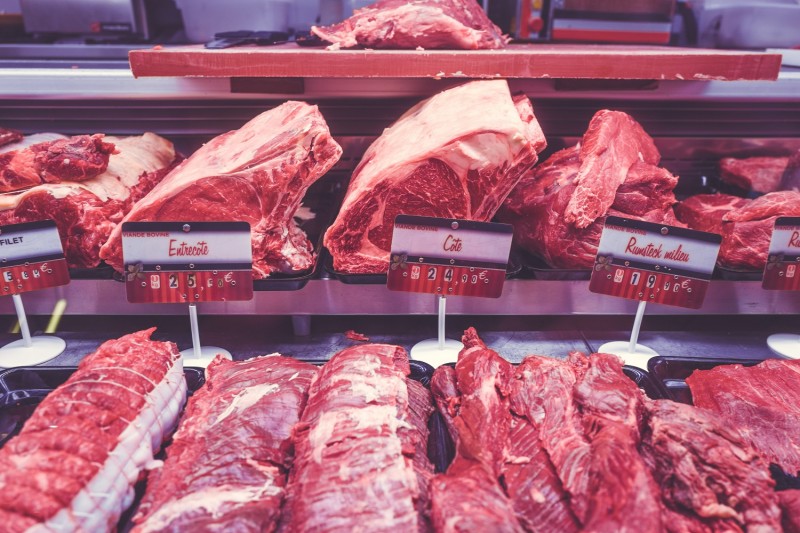What is zinc?
Zinc is a nutrient that can be obtained from diet. It is a trace element that participates in several metabolic processes, so rendering it very important to a person's well being. It is also responsible for:
- Healing of wounds and injuries
- Production of insulin
- Regulating the immune system
- Smell
- Taste
- Hair growth
- Fertility
- Growth and development, especially during pregnancy, childhood and adolescence
Why is zinc important for your health?
Increasing zinc intake may be suitable for:
- Chronically suppressed immune systems or immunity conditions
- Common cold or flu
- Acne
- Gastrointestinal diseases, like ulcerative colitis or Crohn's disease
- Vegetarians
- Pregnant and lactating women
- Older infants that are exclusively breastfed
- Alcoholics
- Diarrhea
- Age-Related macular degeneration
- Poor nutrition
- Osteoarthritis
- Premenstrual syndrome (PMS)
- Anorexia Nervosa
- Senile cataracts
- Alzeimer's disease
- Alopecia
- Grave's disease
- Male infertility
- Diabetes
- Human Immunodeficiency Virus (HIV)/ Acquired immunodeficiency syndrome (AIDS)
Recommended zinc daily intake
There are many forms of supplemental zinc like zinc gluconate, zinc aspartate, zinc oxide, zinc picolinate, zinc monomethionine, zinc citrate, and zinc histidine. Zinc supplements are available on a standalone basis or as part of other supplements. A "standard" dose of elemental zinc is 10-15 milligrams per day.
How to increase your zinc intake
The following are some ways to increase Zinc intake:
Zinc supplements
There are many forms of supplemental Zinc like tablet, capsule, powder, or liquid.
Decrease iron supplementation
Recent scientific studies have suggested that large doses of supplemental Iron (more than twenty five grams) may significantly decrease zinc absorption levels. In this situation, take iron supplements between meals to increase zinc levels.
Zinc throat lozenges
Generally, zinc throat lozenges, which are made from zinc gluconate, are pleasant in taste, dissolving in the mouth over a period of 15 to 25 minutes. The zinc content in these lozenges is easily absorbed, which makes them an excellent way to shorten the length of flu or common cold.
Seafoods & red meat
Zinc is prevalent in most meat and seafood products, increasing the intake of each also increases the zinc levels. Good sources of zinc are oysters, king crab, lobster, pork, chicken, and lamb.
Beans
Eating beans increases the zinc levels of the body. Some good sources of zinc are peas, garbanzo, kidney beans, and baked beans.
Dairy products
Aside from the high amounts of calcium, protein, and vitamin D, dairy products also offer a decent amount of zinc. Good sources include milk, cheddar, Swiss, and mozzarella cheese.
Nuts
Nuts like cashews and almonds not only offer high amounts of vitamin E, but they also increase your zinc intake.
|
Do you have a natural health & wellness business? |










